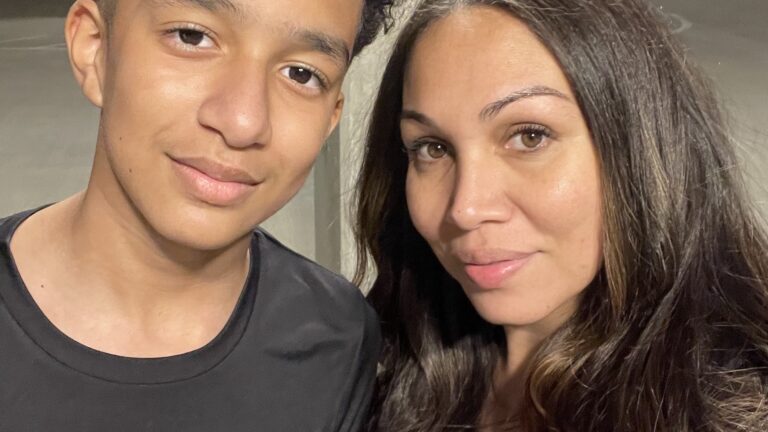
Character.AI could also update chatbots to protect kids further, the lawsuit said. For one, the chatbots could be designed to stop insisting that they are real people or licensed therapists.
But instead of these updates, the lawsuit warned that Character.AI in June added a new feature that only heightens risks for kids.
Part of what addicted Setzer to the chatbots, the lawsuit alleged, was a one-way “Character Voice” feature “designed to provide consumers like Sewell with an even more immersive and realistic experience—it makes them feel like they are talking to a real person.” Setzer began using the feature as soon as it became available in January 2024.
Now, the voice feature has been updated to enable two-way conversations, which the lawsuit alleged “is even more dangerous to minor customers than Character Voice because it further blurs the line between fiction and reality.”
“Even the most sophisticated children will stand little chance of fully understanding the difference between fiction and reality in a scenario where Defendants allow them to interact in real time with AI bots that sound just like humans—especially when they are programmed to convincingly deny that they are AI,” the lawsuit said.
“By now we’re all familiar with the dangers posed by unregulated platforms developed by unscrupulous tech companies—especially for kids,” Tech Justice Law Project director Meetali Jain said in the press release. “But the harms revealed in this case are new, novel, and, honestly, terrifying. In the case of Character.AI, the deception is by design, and the platform itself is the predator.”
Another lawyer representing Garcia and the founder of the Social Media Victims Law Center, Matthew Bergman, told Ars that seemingly none of the guardrails that Character.AI has added is enough to deter harms. Even raising the age limit to 17 only seems to effectively block kids from using devices with strict parental controls, as kids on less-monitored devices can easily lie about their ages.
“This product needs to be recalled off the market,” Bergman told Ars. “It is unsafe as designed.”
If you or someone you know is feeling suicidal or in distress, please call the Suicide Prevention Lifeline number, 1-800-273-TALK (8255), which will put you in touch with a local crisis center.
